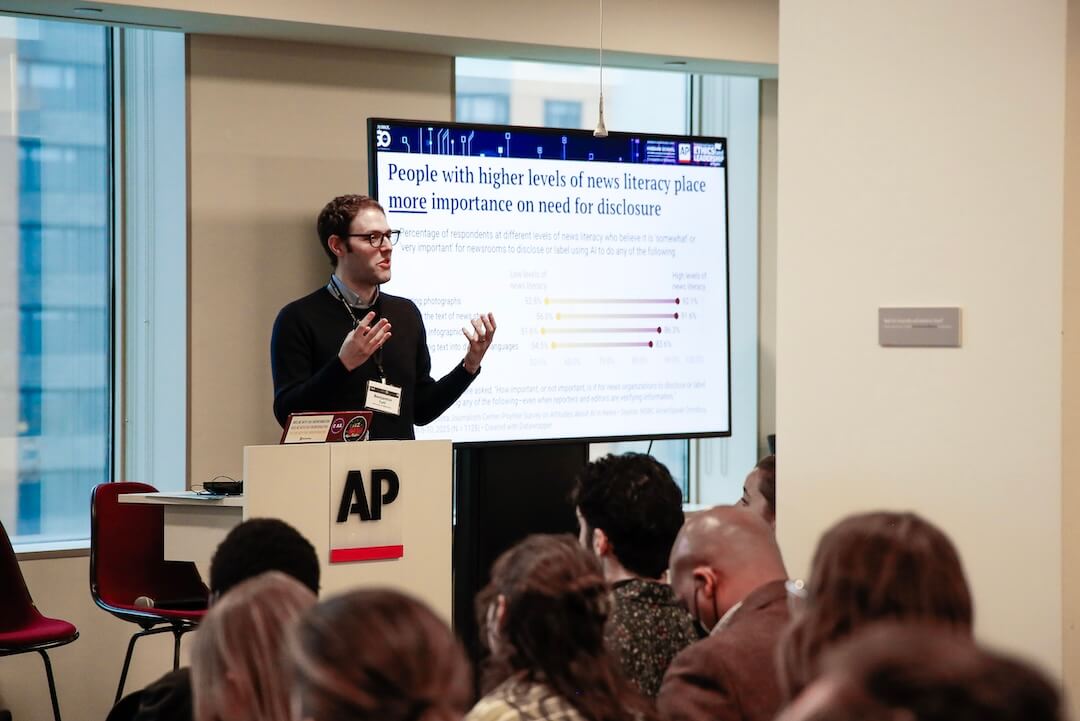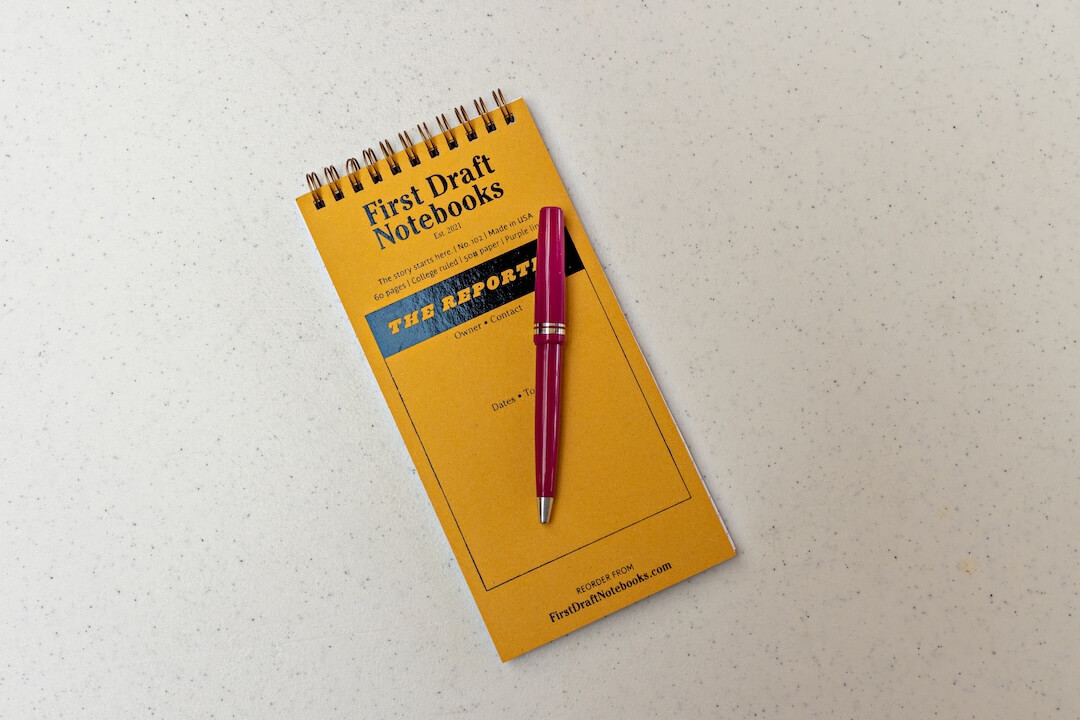There’s no end to the obstacles you’ll face as a reporter: Agencies that won’t cough up records. Sources who won’t give you the time of day. Competitors who will try to beat you while flacks spin you and targets try to get your story killed.
We do plenty to troubleshoot those external forces in conference sessions and J-school classes and here at Poynter.
But we don’t talk enough about the more quiet saboteurs — the ones living in your head.
These brain buggers — let’s call them medulla oblongoblins — cloud your judgment and hold you back from doing your best work.
They might convince you that you don’t have a story when you really do, or that you can’t write that damning sentence when you really should. Even scarier, they might block you from gathering crucial evidence that could make an investigation’s entire premise fall apart.
Take a spin through a list of cognitive biases and you’ll spot many that creep up in journalism. (The perils of confirmation bias keep me up at night!)
I’m not here to talk about those, specifically — I have no training in cognitive science, social psychology or behavioral economics.
But I am an investigative editor. And I have my own list of the mental malefactors that infect reporters’ minds and mess with their ability to deliver powerful, sound journalism. The best defense, I’ve found, is catching them while they’re at work and exposing their evil deeds.
Have you battled these?
The Desensitizer: Weeks or months ago, you were so blown away by a discovery that you decided to embark on a story about it. It’s still just as jaw-dropping, but not to you. The passage of time — and the fatigue from reporting — dulls your perspective.
The Importance Distorter: You’ve put enormous effort into getting this one piece of reporting, and because of that, your mind tricks you into thinking that fact is more significant than it really is. Or you just learned something new, and that recency makes it feel extra special.
The Bubble Wrapper: You have the goods. They’re solid. And yet, you’re afraid to use pointed, authoritative language to write what you found. So you throw in needless wiggle words, passive voice or jargon — verbal bubble wrap — to blunt the impact.
The Spoiler: You learn your hypothesis isn’t exactly right — there’s a caveat that complicates or shifts things. Big picture, there’s still a story, and a good one. But you’re so distracted by the new limitation that you think it’s all a lost cause.
The Know-It-All: You know just enough about something to make you think you know everything. But your wisdom is conventional. You become blind or even resistant to questions those with fresh eyes, or more open perspectives, might raise.
The Groundhog: The urge to dig, and keep digging, feels far more comfortable than making sense of what you found. So every day is just like the one that came before it, a reporting day, until your editor has to drag you out of that burrow to write.
The Fraidy Cat: You’re so anxious about reaching out to a source — perhaps a confrontational one — that you put off that essential task for way too long, finding all kinds of easier things you supposedly have to do before you knock on that door.
The best weapon against brain goblins is an editor who can help you think more clearly and support you through the heroic and challenging work of reporting.
But there are ways you can protect yourself, too.
Use a friend or colleague who has never heard of your story as a sounding board. Giving them a casual elevator pitch will force you out of the weeds and into the big picture. Those few, exciting sentences you use to sell your story — do you already have what you need to hold them up? Which pieces of reporting are the most fundamental for doing so? What doesn’t your small test audience understand? What are they most interested in learning about?
Ask yourself: Have you consulted with sources who might disagree with your premise? Have you run your findings past the accountability target of your reporting to give them a chance to bat them down or give a full-throated response?
The common thread here is to get your reporting out of your head and into essential conversations with others. To let other brains in.
The hard work of building an investigation is a well-worn path, with tried-and-true strategies you can learn and practice. If this advice is helpful and you want to learn even more, you can sign up for my investigative journalism course, Will Work For Impact: Fundamentals of Investigative Journalism, set for Wednesdays on Sept. 4-Oct. 2.
Together, we’ll troubleshoot all kinds of obstacles, including those dreaded ones in your head so that you can make a difference with your work.







